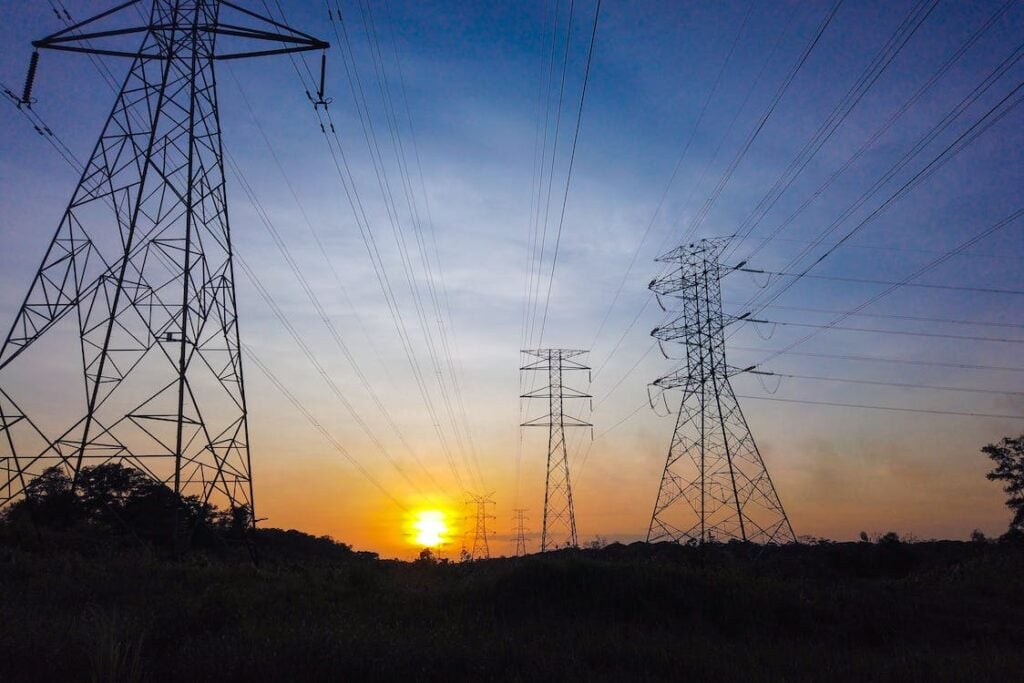
Amendments to rules for battery storage state-of-charge (SOC) in the ERCOT, Texas, market are ‘an improvement’ to the current ones but will still impact the ability of batteries to provide ancillary services, Gridmatic has said.
Texas electricity grid and wholesale market operator ERCOT has voted to change the proposed NPRR (Nodal Protocol Revision Request) 1186, a decision which needs to be ratified by the Public Utility Commission of Texas (PUCT) at its next board meeting on 30 November.
Enjoy 12 months of exclusive analysis
- Regular insight and analysis of the industry’s biggest developments
- In-depth interviews with the industry’s leading figures
- Annual digital subscription to the PV Tech Power journal
- Discounts on Solar Media’s portfolio of events, in-person and virtual
As Energy-Storage.news reported, battery storage operators in Texas voiced adamant opposition to NPRR 1186 and its requirement for energy storage resources (ESRs) to hold more capacity than required when providing ancillary services.
Power marketer (or ‘optimiser’) Gridmatic said the new amendments reduce the additional capacity required to provide ancillary services although do not get rid of the requirement altogether, as the company’s VP business development David Miller explained whilst providing the background on the changes.
Background
In December 2022, ERCOT brought in a new SOC rule for energy storage resources requiring them to be capable of satisfying all discharging ancillary service awards held on the generation side for the full duration of the award, starting at the beginning of each hour of an award. NPRR 1186 was designed to codify this new rule and address its unintended consequences.
An example in practice meant that an energy storage asset with a contract award of 10MW of ERCOT Contingency Reserve Service (ECRS), a relatively new ancillary service with a 2-hour qualification requirement, would need to hold 20MWh of SOC at the beginning of each hour it was awarded ECRS.
Miller said: “These BPM (business practice manual) updates limited the operational flexibility of storage to deliver ancillary service awards, particularly during peak demand when those resources were most needed. Batteries played an important role in helping Texas’ grid avoid major blackouts this summer but could have played an even larger one if not for the SOC rule that caused them to withhold ancillary capacity.”
ERCOT has now revised the SOC rule to require batteries to hold only one hour of SOC for discharging ancillary service awards rather than multiple hours for different ancillary services, Miller said, though added that that hasn’t satisfied all the opposition from battery operators.
“This addressed the concerns about multi-hour SOC requirements but did not address concerns from stakeholders that the SOC rule itself is discriminatory (against batteries). NPRR 1186 also did not address concerns from ERCOT that the current penalties for failing to maintain SOC are not sufficient, so additional NPRRs are expected to take up the issue of penalties and compliance.”
The rule is said to be discriminatory as no other energy asset has its fuel supplies monitored or mandated in such a real-time way, with existing penalties for failing to fulfil ancillary service awards applying to all market operators. ERCOT has defended the rules, saying they improve the awareness, accounting and monitoring of energy storage resources on the grid.
Impact of amended rule on ERCOT market going forward
The proposed 1-hour SOC rule is nonetheless an improvement on the December 2022 rule change, Miller said.
“The proposed new 1-hour SOC reserve rule will not have as adverse an impact on batteries as the original SOC rule, and will allow batteries to supply greater grid support during critical peak demand periods when they are most needed. On the heels of a summer of record peak demand in Texas, ERCOT will need to do everything it can to better utilise its nationally leading battery market.”
However, it will still impact the ability of batteries to provide ancillary services in ERCOT, the other main ones being Reg-Up and Reg-Down, Responsive Reserve Service (RRS or spinning reserve), which Miller explained in a separate interview with Energy-Storage.news in June (Premium access).
That is particularly true for those batteries with a discharge duration of under two hours, so one likely impact of the new codified rule is more 2-hour (or more) duration batteries in the market. Most battery storage projects currently being built in the state are have a 2-hour duration.
ERCOT market continues to boom
As Energy-Storage.news has written extensively, the ERCOT, Texas battery storage market is the most active in the US along with California, currently the largest by deployments but one which could be overtaken by ERCOT next year.
Large-scale project news from the state in October alone included TotalEnergies turning on a co-located 255MWh BESS, Spearmint Energy securing tax equity for a 300MWh project, developer Solvent Energy talking to banks to sell part of a 2.5GW portfolio and Plus Power completing a US$1.8 billion financing round of which half was for projects in ERCOT.
Gridmatic recently launched a US$50 million fund for its tolling businss model (Premium access) where it pays battery storage owners a fixed fee to take on responsibility (and all upside) for playing the asset into markets.






